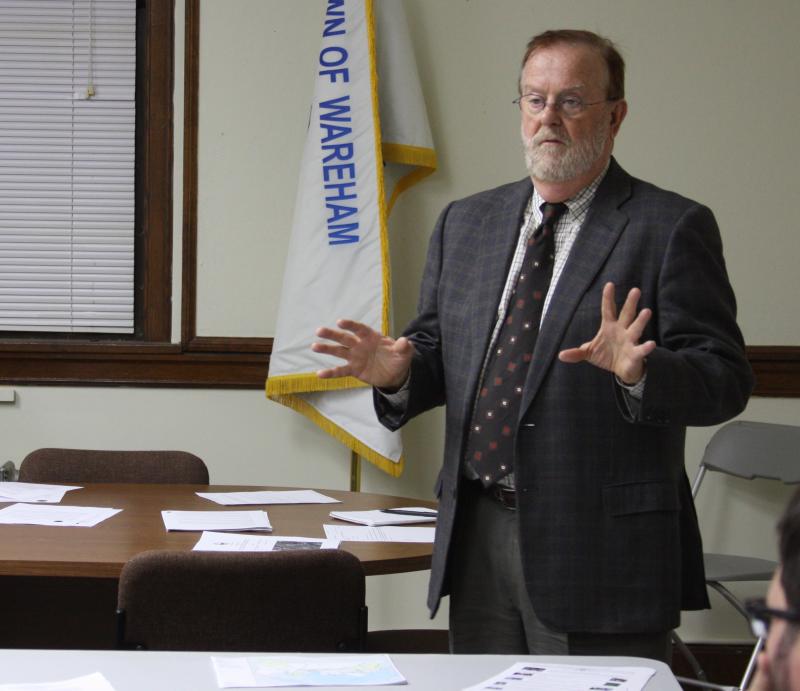CEDA prepares to apply for $675,000 grant
From determining the extent of "blight" in Onset to upgrading town buildings and policies for Americans With Disabilities Act compliance, the town's Community and Economic Development Authority on Monday gauged interest on how it could spend thousands of dollars from an annual federal grant.
The Authority, commonly referred to as CEDA, hosted a public hearing that outlined how previous Community Development Block Grant (CDBG) money was spent and what projects future grants may fund.
Administered by the U.S. Department of Housing and Urban Development through the Massachusetts Department of Housing and Community Development, the grant program awards money to communities for affordable housing projects, infrastructure development and programs for low-income residents.
Wareham has historically received the grant because of its high percentage of low- and moderate-income residents. Other communities must apply for the funds on a competitive basis.
CEDA Manager Peter Sanborn said less money is forthcoming this year, with the grant limit set at $675,000 compared to the $825,000 that was available the past few years.
Sanborn said that means there will be less money available for CEDA to dole out to community organizations that administer five public service projects.
Part of last year’s funds paid for public service projects that included a tutoring program for out-of-school teenagers and adults, food for Damien’s Place food pantry and homeless-prevention services provided by Turning Point, among others.
According to Sanborn, this year’s application includes proposals to continue a housing rehabilitation assistance program for income-eligible residents, a blight study in Onset and American With Disabilities Act compliance.
“I think a lot of the town’s facilities are accessible. This will enable the town to seek an outside revenue source to make improvements,” said Sanborn about updating the town’s accessibility transition plan.
Updating the plan includes making sure that municipal buildings are accessible to people with disabilities and that town policies don’t unintentionally discriminate against them.
Sanborn said that another initiative, a slums and blight survey, would evaluate 800 land parcels, both public and private, in Onset. This is a required process that, if 25 percent of the properties are designated substandard or blighted, would allow CEDA to spend future money on infrastructure improvements.
“It’s a comprehensive physical assessment on every built component of the area to determine whether that 25 percent threshold is met,” said Sanborn. “It’s a big undertaking.”
Sanborn noted that Wareham village received a blight designation 10 years ago, which allowed CEDA to spend funds on the Main Street "Streetscape" improvement project, which updated sidewalks and roadways.
Ultimately, the Board of Selectmen must approve CEDA’s final CBDG application before it’s submitted later this month. If approved, the funds should be available in the fall, Sanborn said.















